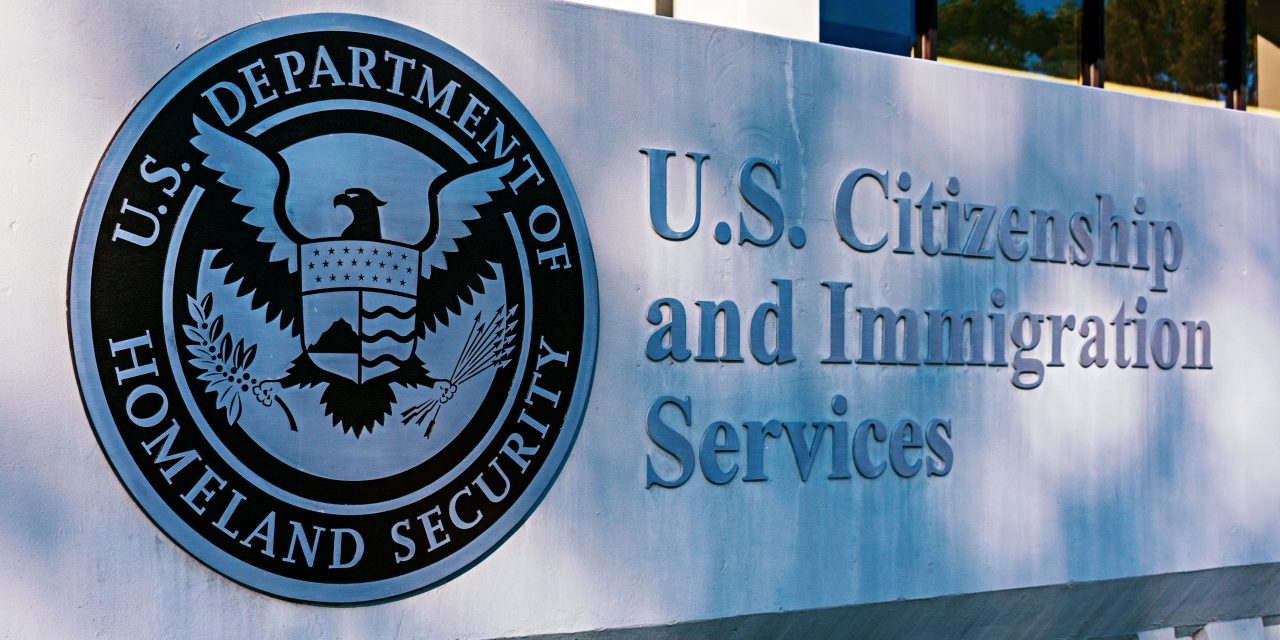U.S. Citizenship and Immigration Services (USCIS) recently proposed changes to how the agency will review certain denials of immigration benefits. The changes will apply to its Form I-290B, Notice of Appeal or Motion, and instructions. But USCIS’ proposed changes are more than procedural—they will substantially alter USCIS’ longstanding motions and appeal processes.
As part of the changes, USCIS plans to reverse a policy in place for nearly 30 years. This policy gives applicants the option to submit new evidence on appeal to the agency’s Administrative Appeals Office (AAO).
In many cases, someone who had their immigration benefit denied and wants to appeal the decision needs to present additional evidence to show that the denial was wrong. USCIS wants to severely limit when any new evidence can be submitted.
This change will negatively impact applicants for all types of immigration benefits but is particularly harmful to applicants seeking humanitarian relief or as survivors of violence.
These applicants may reasonably decide that their cases could be approved without a particular document that is sensitive or potentially traumatizing. Under current policy, they could still submit the document on appeal if the USCIS officer based the denial on its absence.
USCIS also plans to limit acceptable evidence submitted with a motion to reopen to “evidence that was not reasonably available and could not have been reasonably discovered or presented in the previous proceeding.”
A motion to reopen asks USCIS to “reopen” a case that has been denied so that the agency can make a new decision. This proposed limitation on new evidence, which only appears in USCIS’ proposed instructions—and is not even identified in the Notice—is inconsistent with the Motion to Reopen regulations. The regulations only limit new evidence if the denial is based on the case being abandoned.
This proposed change would lead to draconian results for innocent mistakes.
Under current policy, USCIS may deny an application that does not include all required evidence even if the applicant inadvertently failed to include the evidence. An applicant can ask the agency to reopen the decision and include the missing evidence with the motion to reopen.
With this proposed change, the applicant will no longer be able to fix the error through a motion to reopen—because the missing evidence cannot be submitted after the denial. In some cases, there is no remedy for the applicant other than a motion to reopen. This mean some applicants will have no opportunity to fix the mistake and no chance to receive the immigration benefit they need.
The American Immigration Council, American Immigration Lawyers Association, and other organizations filed a comment opposing the proposed changes. The organizations urge USCIS to withdraw the Notice. The changes will harm the administrative review and appeal process. The organizations also urge withdrawal because USCIS failed to proceed by rulemaking with proper notice to the public and required agency consideration of comments.
USCIS’ proposed changes are significant and substantive yet are presented as no more than form and instruction revisions. The changes are drastic and require notice and comment rulemaking so that USCIS is required to address significant concerns before proceeding with these changes.
FILED UNDER: USCIS


